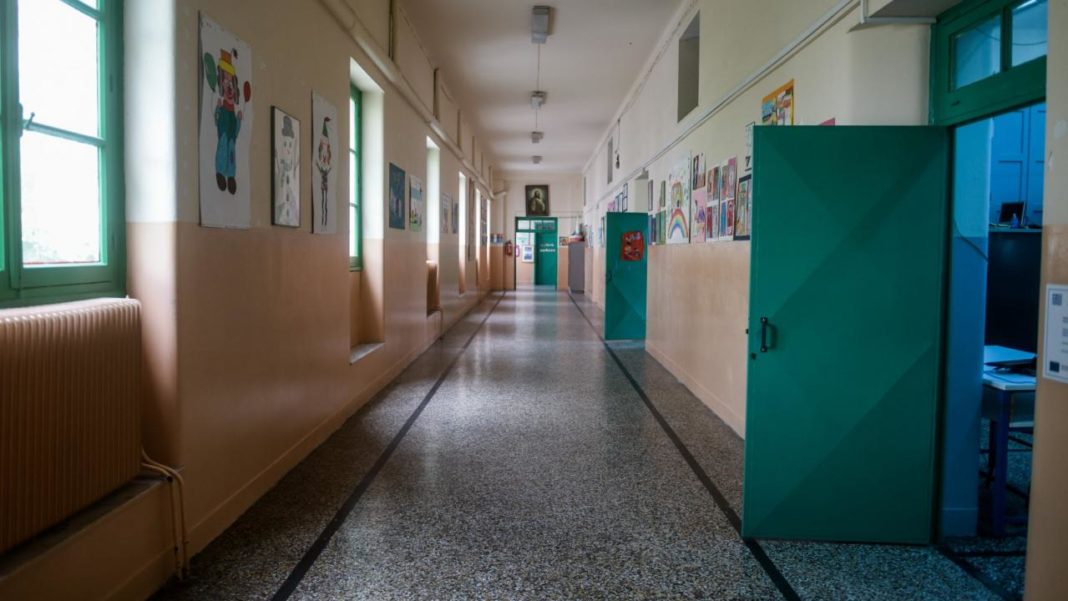Nearly nine out of ten girls report being sexually assaulted and taking sexually explicit photos or videos.
Sexual harassment has become a “cliché” among students in Britain, with nearly nine out of ten girls complaining of being sexually assaulted and receiving sexually explicit photos or videos, according to a report by the Office of Child Education and Services (Ofsted) which was published yesterday Thursday.
In April, the British government asked Ofsted to look into the situation in schools, following a series of testimonies from teenagers, mostly girls, on the Everyone’s Invited website, who denounced sexist insults and sexual violence, bringing to the fore a “culture of rape”. in schools.
After visiting 32 public and private schools and talking to 900 students, the agency noted that children and adolescents “often feel that there is no benefit to reporting or resisting abusive behavior because it is considered a normal experience.”
“Many educators and school principals underestimate the scale of the problem,” says Ofsted.
During the interviews that the service inspectors took from the students, they learned, for example, that the boys share “naked” photos with each other, as if they were “collecting”, on platforms such as WhatsApp and Snapchat . While some girls become victims of “unwanted touches in the school corridors”.
“This report shocked me,” Amanda Spielman, chief inspector of Ofsted, said in a statement. “Sexual harassment should never be considered normal and should have no place in our schools,” he said.
Teaching staff need to be better informed and schools need to improve grievance mechanisms as well as punish perpetrators, Ofsted suggests.
The agency also asked the government to address the issue of sexual harassment and abuse on the internet , for example the ease with which children can access pornographic material.
In a Twitter post, British Education Secretary Gavin Williamson described the findings of the Ofsted investigation as “very worrying”. He said the British government would provide “extra support to staff” responsible for protecting students, make “strong recommendations” on health and sex education, and fund a telephone helpline for children.



